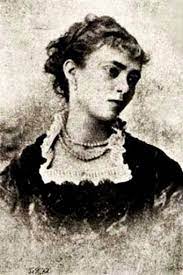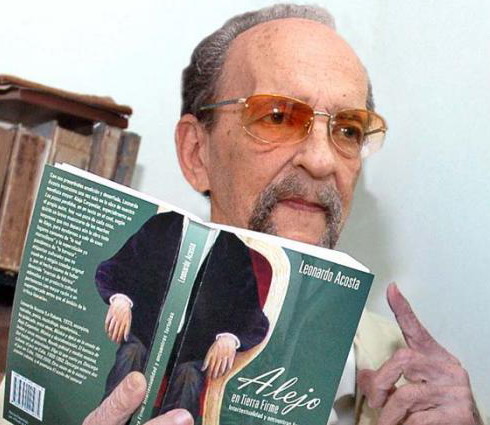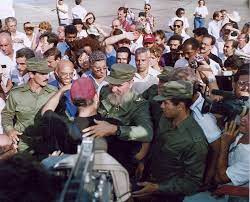
Havana ephemeris. August 25th.
1871. The poet Juan Clemente Zenea, a writer who is recognized as having exerted great influence on Cuban literature by retaking Romanticism, marking a new line in Latin American poetry, was shot in the San Carlos de La Cabaña fortress in Havana. .
With only seventeen years old, he begins to work as editor of the newspaper La Prensa de La Habana, in which he publishes his first verses. His journalistic work is expanding by writing chronicles, literary criticism and various articles. Some time later he travels for political reasons to the United States. Upon his return to Cuba he works as an English teacher at the El Salvador school, directed by the eminent Cuban pedagogue José de la Luz y Caballero.
At the time he was imprisoned for his ideas he wrote 16 compositions which were collected posthumously under the title Diary of a Martyr.
His birth had taken place in the town of Bayamo, then province of Oriente, on February 24, 1832.
1906. The poet and writer María de las Mercedes Matamoros dies in Havana.

Her birth had taken place in the city of Cienfuegos on March 13, 1851. Years later she moved to Havana and managed to have a careful education, she even learned several languages, which made it easier for her to read and translate relevant poets.
After the beginning of the fight for the independence of Cuba, she refuses to write for newspapers that are enemies of the Cuban cause. Between 1868 and 1878 it can be said that his lyrics fell silent and he only dedicated himself to making translations from English and French to earn a living.
In 1879 she published her work "Hebrew Melodies" which opened the doors of fame for her and placed her in a prominent place among Cuban women writers. Soon her literary productions reach European and South American magazines.
1933. Leonardo Acosta Sánchez is born in the Cerro neighborhood, in Havana.

In his artistic work he stood out as a saxophonist, musicologist and writer. He was the founder of the Sound Experimentation Group of the ICAIC (Cuban Institute of Cinematographic Art and Industry) and was part of various jazz and Cuban popular music groups. He worked on several books, among them, the one titled Another vision of Cuban popular music, processed in 2002 by the Editorial Letras Cubanas.
He was distinguished with the National Prize for Literature in 2007 and the National Prize for Music in 2014, in both cases for his life's work.
He passed away in Havana on September 23, 2016.
1963. Commander Ernesto Che Guevara offers the official welcome to the chess players who participate in the second international tournament “José Raúl Capablanca in Memorian”.
In the days that followed, he attended the “Habana Libre” hotel, venue of the tournament, on several occasions to appreciate the development of the games.

Che felt great attraction to chess and contributed to its development in the country not only with his attendance at the international championships that took place in Cuba but also in simultaneous ones that were organized in the Ministry of Industries, an organization that he directed since its foundation. in 1961.
1993. Commander-in-Chief Fidel Castro speaks in Havana, in the central act of welcoming a group of "Pastors for Peace", who once again supported Cuba with their donations, despite having been detained by US authorities in the border of Mexico.

He expresses his admiration for the members of the solidarity caravan who held a hunger strike in Laredo, until they did not allow the donations to be transferred to Cuba to continue.
He states:“…It's exciting to be able to welcome you here tonight. We have received many lessons these days; first of all, what you did there. Nobody imagined that these incidents would take place. We believed that the Caravan of Friendship would pass as the first passed…”
Fidel also points out: “I believe that firmness, dignity and together with them, in a very special way, deep conviction, the fairness of what they were doing, the cleanliness of their conduct, were determining factors, together with solidarity and great international support that had been created and that was growing every day, which made it possible, in our opinion, to find a happy solution.”